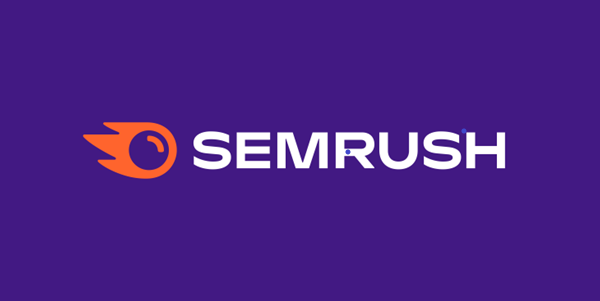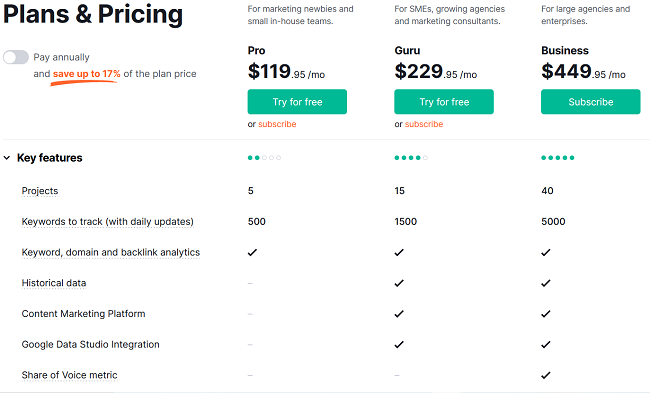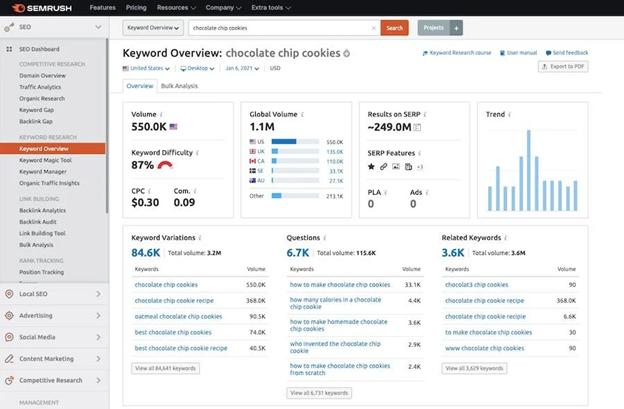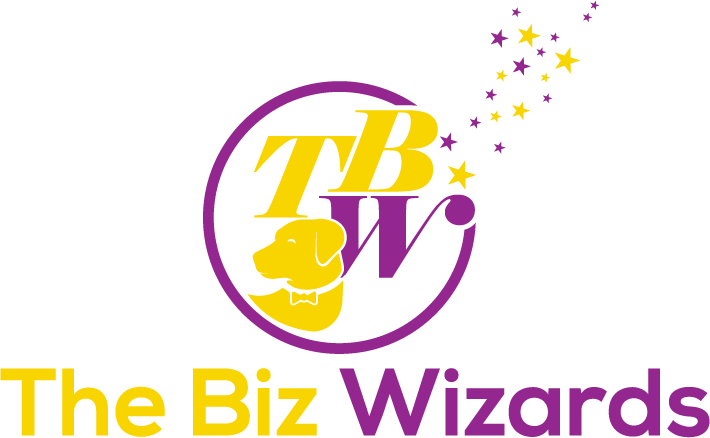
13 Oct SEMrush Review – SEO Tool for Success
What is SEMrush?
Simply put, SEMrush, an SEO Tool is a product that helps you optimize your website for search engines. Any level side hustler or entrepreneur can easily use this great tool!
SEMrush works by giving you a lot of information, which you can use to:
• find out what people are searching for online
• create new web content that is likely to attract traffic
• identify link-building opportunities
• tweak technical aspects of your site content so that it achieves a higher search ranking.
For example, based on phrases you enter, SEMrush can give you keyword suggestions. You can these as the basis for writing blog posts that are likely to perform well in search results. It can also tell you how difficult it will be to rank for specific search queries. It will suggest websites that might be worth approaching for backlinks.
It also allows you to perform an SEO audit on your website. Use this to find out if there are any technical improvements you can make to it that will help you achieve better search results. That’s just the beginning though! There are many other features provided by SEMrush that are designed to help you improve your site’s search rankings.
SEMrush Pros
• Comprehensive keyword research tool and domain analytics.
• Backlink tracking.
• Desktop/mobile search breakdowns.
• Project-based SEO campaign structure is uniquely useful.
• Keyword suggestions and proactive SEO recommendations.
SEMrush Cons
• Lacks keyword list management.
SEMrush Pricing and Plans

SEMrush’s starting price of $119.95 per month is for its Pro plan. Be aware that you can save some money by opting for an annual plan.
The next rung-up is the $229.95-per-month Guru plan. At this tier, you get 30,000 results per report and 5,000 reports/searches per day. The big jump is in a bump to 50 total projects for the SEO team expanding their research and targeting. The Guru plan also gets you 20 PDF reports with custom branding available. Another plus is historical data access, plus 1,500 tracked keywords, 300,000 crawled pages and 100 social media profiles.
Finally, there’s the $449.95-per-month Business plan. Aside from upping all the quotas substantially, this tier gives you much more. It includes unlimited projects, access to product listing ads, white-label PDF reports, multi-user management, and access to API.
SEMrush Keyword Research and User Experience

The SEMrush dashboard is very straightforward. The first thing you see is a snapshot of Domain Analytics. It shows a quick breakdown of current keywords and traffic coming from organic and paid sources. Below this are widgets for each facet of your most recent SEO project. SEMrush is the only SEO tool I tested that can also double as a social listening platform.
Keyword Search
The search bar atop the SEMrush interface can be configured for any metric. Once you select a keyword, the keyword overview then populates a variety of tables, charts, and interactive data visualizations. I used the “entrepreneur” keyword, for instance. SEMrush then gave me a breakdown of organic versus paid search with average monthly search volume and a cost-per-click breakdown. One unique filter SEMrush provides is an option to toggle between desktop and mobile search traffic.
Below the traffic breakdown is where I found the meat of SEMrush’s ad-hoc keyword search. SEMrush lists both related keywords and phrase-match keywords, which is a Google AdWords parameter for close variations on a keyword. These boxes only include search volume and Cost per Click (CPC). When I clicked “view full report” I found the difficulty scores I was looking for to identify the related keywords to target.
SEO Difficulty Scores
For reference, a difficulty score is an all-in-one 1-100 scoring number. It factors Page Authority (PA) and Domain Authority (DA) SEO metrics in with other data like keyword search volume. Also how heavily paid search ads are influencing the results, and how strong the competition is in each spot on the current search results page. Experts indicate that a good score on which to target here is 50, while anything above 60 is significantly more difficult to topple.
One key missing piece of SEMrush’s ad hoc keyword research capabilities is the lack of keyword organization and list management. After finding the related keyword I wanted to target, my only option was to export it as a Microsoft Excel file or CSV. I would rather that it gave me the ability to quickly add “digital marketing agency” to a keyword list. You also can’t save keyword searches for later use.
The Bottom Line
SEMrush is a powerful all-in-one SEO platform and is a solid digital marketing choice for small to mid-sized business users. The company offers just about everything besides keyword management that a business needs to spearhead its SEO strategy. The lead generation, SEO Ideas, and Keyword Magic features, in particular, could be a huge boon and help SEMrush better connect SEO directly to sales and marketing.
Considering the unique value in its SEO Ideas recommendations, there’s a lot to like in SEMrush. It certainly warrants consideration as an SEO optimization tool that can do almost everything for your business.
Ready to Start Your Side Hustle? We Can Help!
Start your side hustle today with this FREE ebook!

No Comments on SEMrush Review – SEO Tool for Success